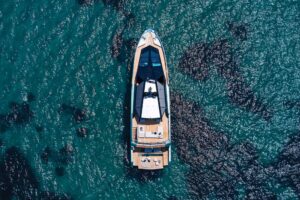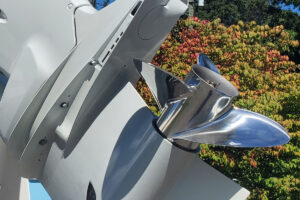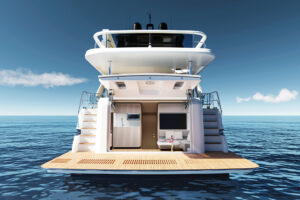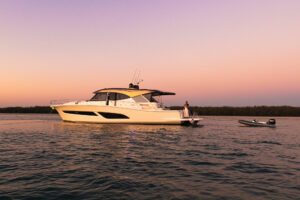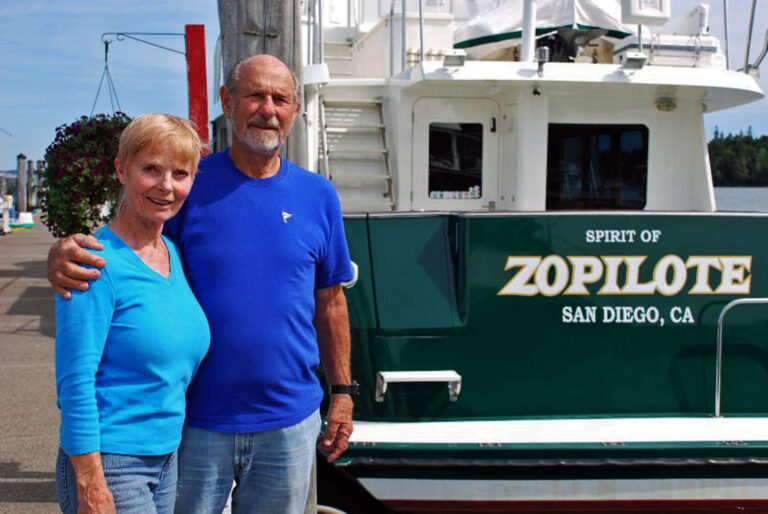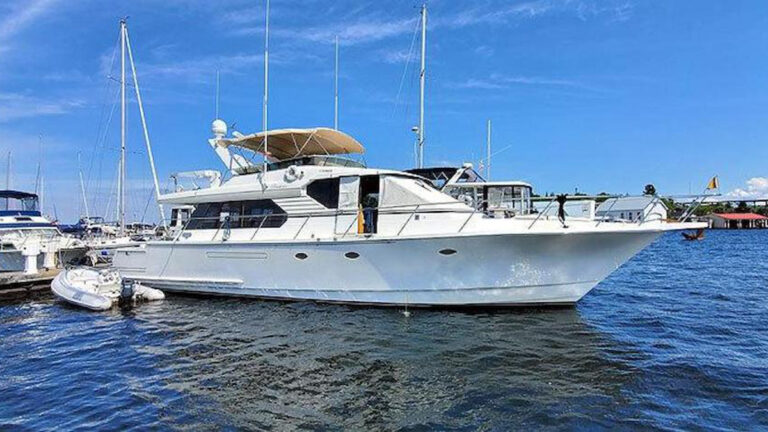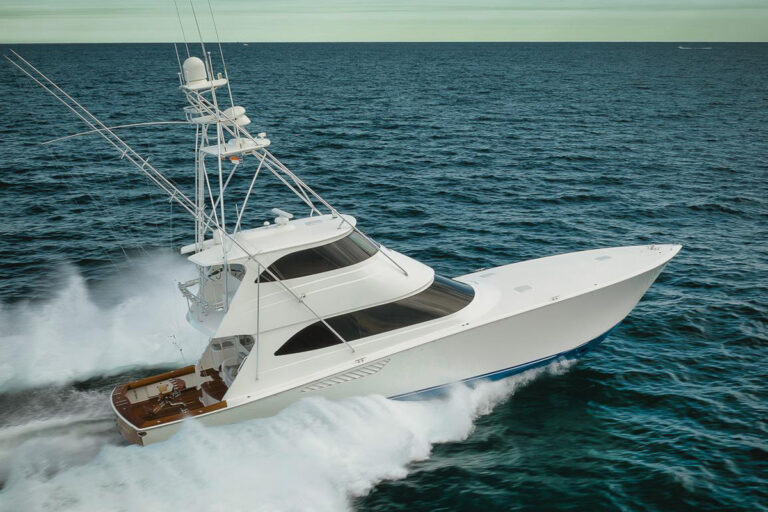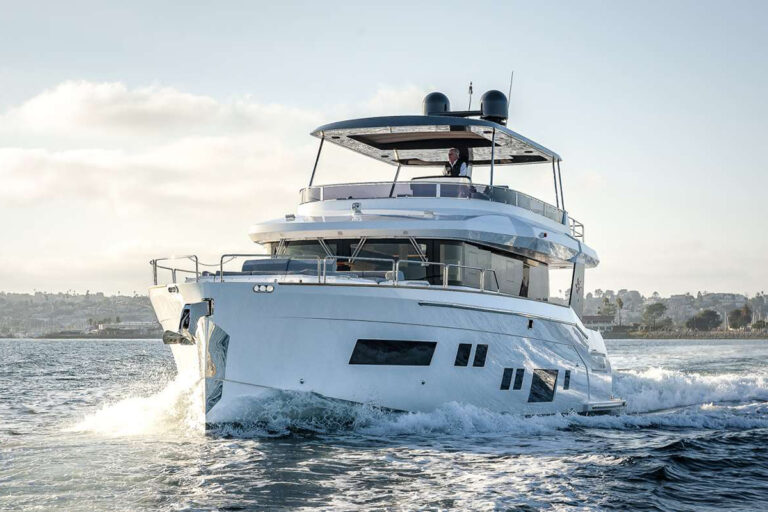
An old pal was grousing about some modern-day designs. ”Boats just don’t look like boats anymore,” he said.
He sent me an example he’d found online. “Take a look at this, Coyle. How the hell do you put out an anchor?” he asked. “There’s no bow.”
I considered the boat’s profile and thought of Noah’s Ark.
Today, making a floating fashion statement seems to be a must. A flock of shoreside imagineers are shape-shifting some vessels into complicated compromises that look out of place on the water.
I reminded my pal that with a brief spec, Noah had noodled a very sensible ride suited for its purpose. “Can you imagine what he might dream up today?” I asked.
Given the roster of superyachts on the water, Noah would have good reason to pitch his client for a few more cubits. After all, the ark was 300 cubits (450 feet length overall). That’s more than 66 cubits shorter than the largest yacht today and about 400 cubits short of a cruise ship—neither of which are suited for pets.
My pal proposed a yacht/oil-tanker concept that’s been making the rounds online. “It’s got a ski slope for the penguins,” he said.
I was thinking about a diesel-electric passenger ferry for livestock. Many nautical nabobs say diesel-electric is the future of yachting. Noah could have a generator powering an electric motor stewing in the bilge—or, better yet, multiple electric motors swaddled in water-resistant pods, wiggling beneath the sea. What could go wrong?
“Noah would need a cellphone,” my pal said.
Given a lucky guess at weight and plenty of square cubits of fieldstone for trim and ballast, the ark’s displacement hull form had been a safe bet for the farmer-turned-boatbuilder. My pal proposed that the term “displacement” sounded too old-fashioned. We decided to go with fast displacement. It had a ring to it. We agreed it would also be a good choice if Noah were planning on a future trade-in.
Read More from Jay Coyle: Tell Tales
With resale in mind, I insisted on building an ark of gopher wood; pitch was a non-starter. A steel hull and aluminum superstructure would be appropriate, but for a fast-displacement ark? Please. I postulated that a new-age Noah would insist on mopping together a modern ark with epoxy and carbon-fiber laminates. After all, if the combination is good for cruising more than 450 knots aboard a 560,000-pound Dreamliner jet, then it makes sense for an ark.
If Noah could avoid the penalties of a late delivery with a diesel-electric, composite, fast-displacement ark, then it’d be a hit, my pal suggested. I proposed a styling update with windows for ventilation, a transom beach club, and underwater lighting for loading marine animals.
“Noah’s original vision had just a single door and looked like a wooden shoe,” I said. My pal replied that it was perfect for its usage, reminding me that modern-day design should be sensible as well. After all, Noah didn’t need an anchor.

